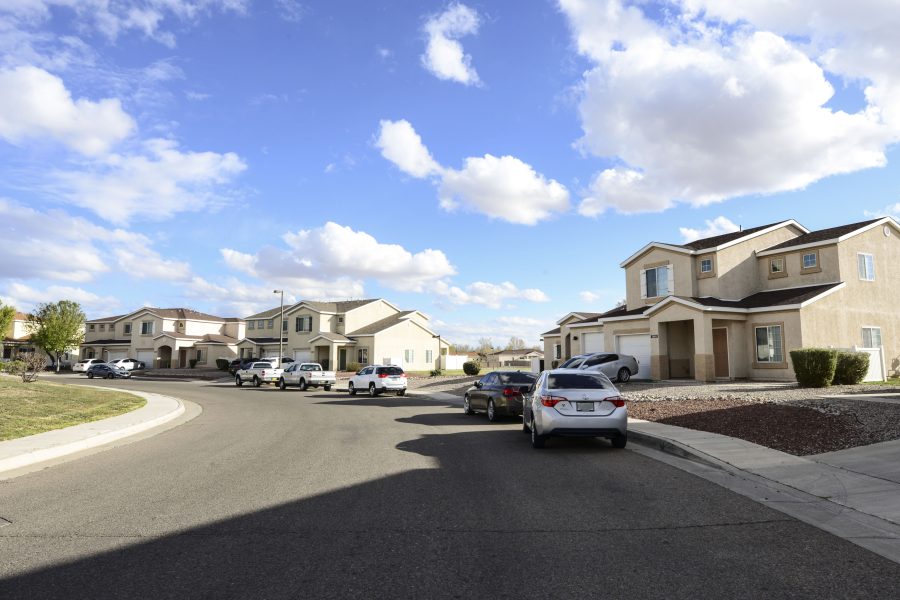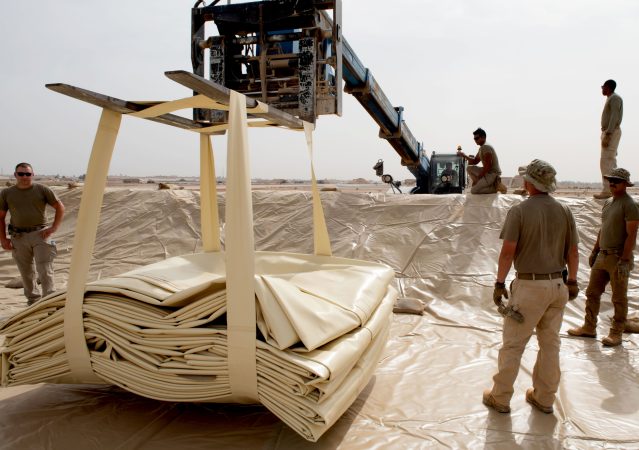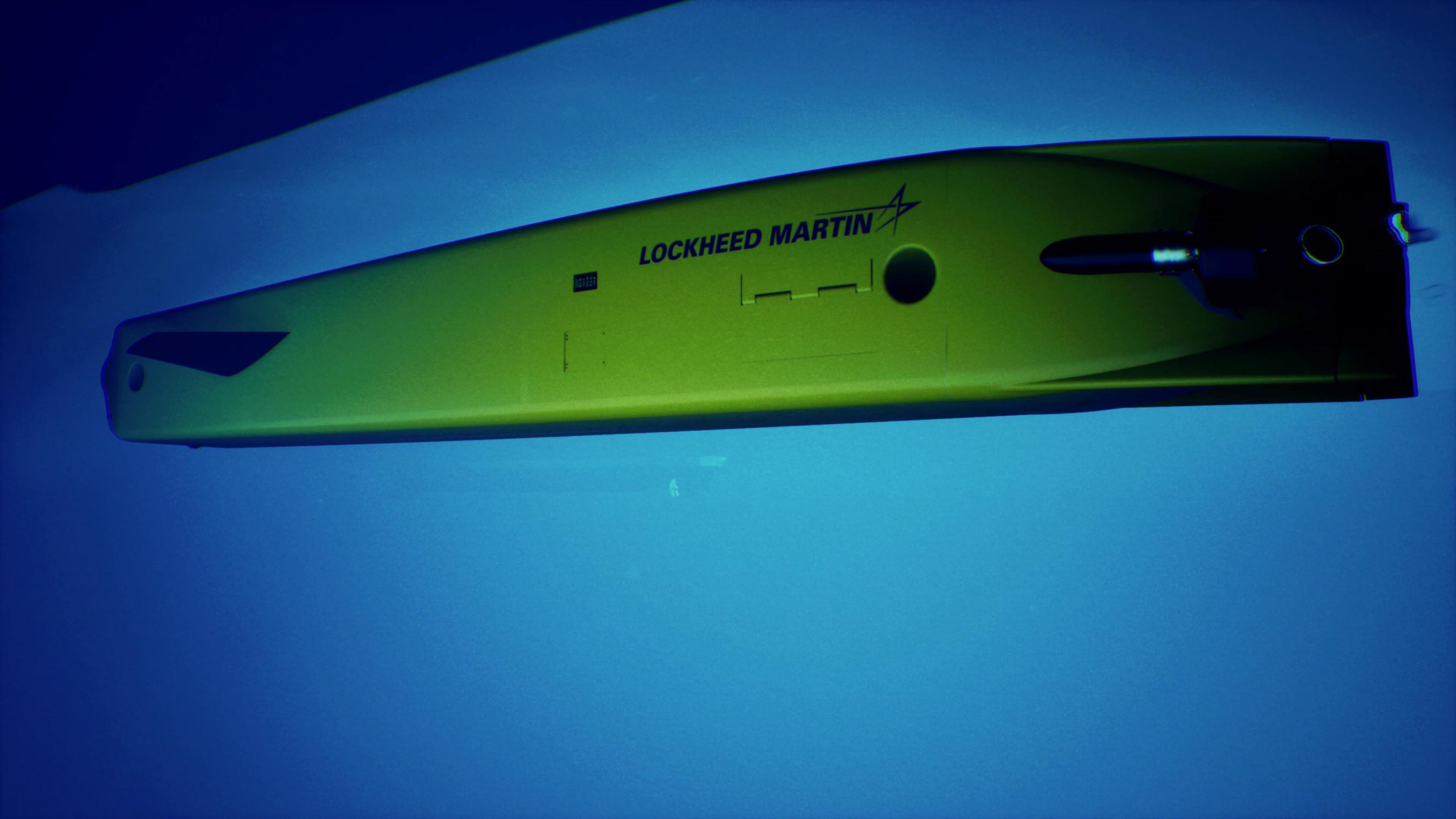
In written testimony to the Senate, the nominee to oversee the Air Force’s installations and energy enterprise endorsed the continued privatization of military housing and called for the department to think more during the acquisition process about how it will power new weapons systems when the logistics supply chain is under attack.
Michael J. Borders Jr., the Trump administration’s choice to serve as assistant secretary of the Air Force for energy, installations, and the environment, was asked relatively few questions during a Nov. 4 confirmation hearing before the Senate Armed Services Committee.
But responding to advance policy questions from the panel, Borders—a recently retired colonel who worked for the Air Force Installation and Mission Support Center—detailed his plans for the service’s infrastructure.
Privatized Housing
Over the last five years, the Pentagon’s Military Housing Privatization Initiative has been hit by media reports and government investigations showing private landlord companies defrauded the military by submitting incorrect or incomplete work order information even as housing conditions for many deteriorated.
Borders wrote that there were “systemic issues” with the initiative related to a lack of oversight and avenues for service members and their families to raise problems. Yet reforms have helped address those root causes, he added.
Asked if he supported more housing privatization, Borders indicated he did.
“Notwithstanding its challenges, privatizing housing allowed the Department of the Air Force to recapitalize large portions of its housing portfolio faster than would have been possible with historic funding levels of government owned housing,” he wrote.
The Air Force has already started work on its first-ever commercial apartment complex at Edwards Air Force Base, Calif., in a step toward privatizing its dorms. And Borders said the program is expanding.
“I understand the Department of the Air Force is now moving to commercialize all government owned lodging at its installations,” he wrote. “If confirmed, I commit to incorporating lessons learned from the MHPI to ensure quality lodging is available for Airmen, Guardians, and their families.”
One potential result from MPHI is “command responsibility”—holding base commanders responsible for private housing conditions. Borders said he would support privatized housing conditions being part of performance reviews to ensure military and civilian personnel are exercising good oversight.
The Air Force’s move to privatize base housing comes as Defense Secretary Pete Hegseth has stood up a Barracks Task Force to ensure service members have clean, safe, and comfortable living conditions.
Fuel Under Fire
The Air Force’s infrastructure enterprise faces another major change in the coming years in the service’s Agile Combat Employment concept—moving small teams of Airmen and aircraft to remote or austere locations to complicate an adversary’s targeting.
The idea requires the service to either preposition supplies like fuel and water or be capable of moving it rapidly. In some cases, USAF aircraft may need to refuel in unconventional locations where the energy infrastructure is either far different from what Airmen are used to or nonexistent.
Given that, Borders said “the Department of the Air Force’s acquisition process must prioritize and address operational energy contested logistics risks, to include energy supportability requirements for military platforms, from day 1.”

Contested logistics have become a key consideration in implementing ACE, and the Air Force has explored ideas for lightweight or energy-efficient solutions. Borders said that needs to be a priority.
“I believe the Department of the Air Force must ensure known and likely contested logistics risks are not only considered but mitigated in the requirements process,” he wrote. “If confirmed, I will work to ensure proper emphasis is placed on energy supportability throughout the requirements process, informed by operational data, wargaming, analysis, and intelligence to ensure energy risks are adequately captured and addressed.”
Even for larger fixed bases, the question of energy is a crucial one given how many rely on local power grids to keep the lights on.
Borders endorsed the Air Force’s moves to implement Installation Energy Plans and Black Start Exercises to prepare for contingencies and indicated he is open to new technologies like nuclear micro-reactors and long-duration batteries to ensure bases can keep the lights on.
BRAC
Earlier this year, recently retired Air Force Chief of Staff Gen. David W. Allvin made the case that the service is overburdened by excess infrastructure, having cut 60 percent of its squadrons and 40 percent of its Airmen since the end of the Cold War, but only 15 percent of its bases.
Allvin, who was succeeded by Gen. Kenneth S. Wilsbach in the past few days, broached the idea of a Base Realignment and Closure effort. Borders stopped short of explicitly calling for a BRAC round, which has been unpopular in Congress for years—but did say that “I believe opportunities exist for the Department of the Air Force to optimize its installation footprint, which could result in a more strategic use of limited resources toward addressing our nation’s warfighting needs.”
The SASC’s policy questions probed Borders’ views on how he would implement a BRAC round if authorized by Congress—suggesting lawmakers may be at least open to the idea.
The post Air Force Installations Nominee Endorses More Privatized Housing appeared first on Air & Space Forces Magazine.

Congress, Energy Management, Operational Imperative 5: Resilient Basing, Personnel, Air Force installations, base housing, contested logistics
Air & Space Forces Magazine
[crypto-donation-box type=”tabular” show-coin=”all”]





